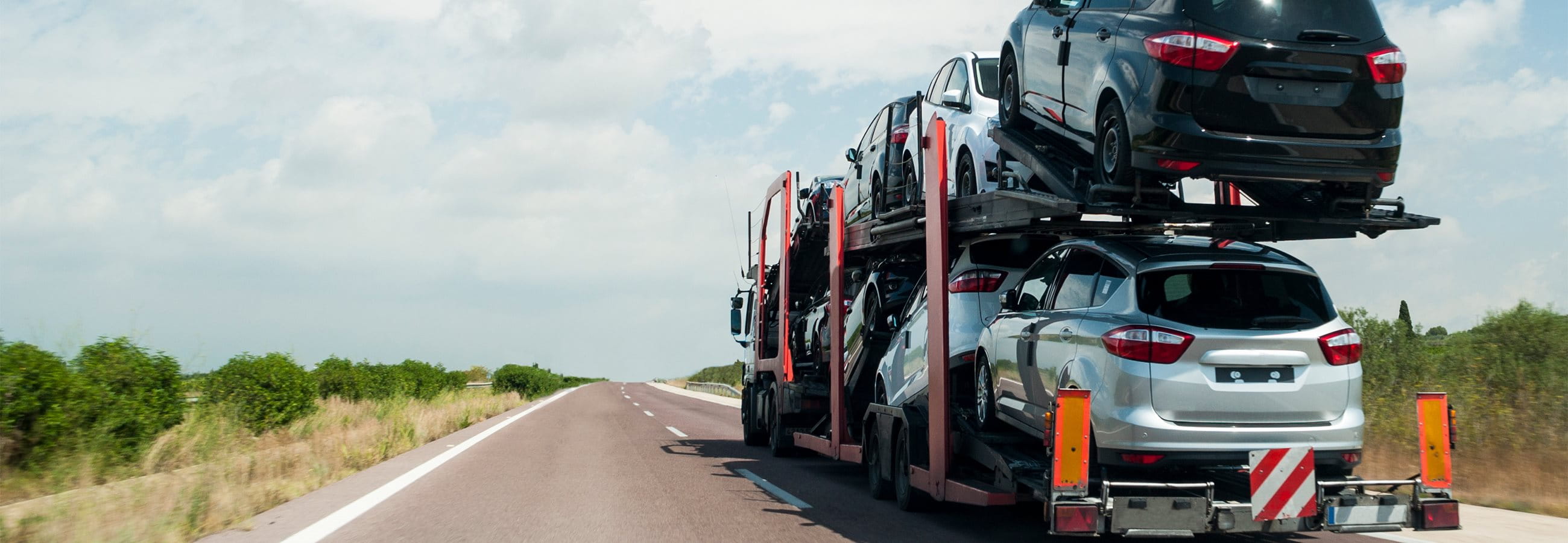Social security: where am I insured?
Each person can only in one country be covered by social security. As a foreign person working in Switzerland, you are basically part of the Swiss social security system. Swiss social security includes the following types of insurance:
- Health insurance
- Accident insurance (AIA)
- Unemployment insurance (ALV)
- Retirement provision (OASI)
- Family allowances
Equal contributions to ALV and OASI are paid both by you and your employer. The ALV and OASI contributions are deducted directly from your salary. Contributions to family allowances are paid exclusively by your employer. As an employed person who works more than eight hours per week, you are insured against accidents through your employer. This means you do not have to include accident insurance in your health insurance policy.
Special case – health insurance
As a cross-border commuter, you must actually take out health insurance in Switzerland. However, a special regulation applies for the countries Germany, France, Italy and Austria. Cross-border commuters from the aforementioned neighboring countries may choose: they can either remain insured in their country or join a Swiss health insurance company. This right is referred to as the option right.
To exempt yourself from the Swiss health insurance obligation, you must submit an application to the cantonal authority at your place of work. You should do this no later than three months after your first day of work.
Good to know: Once you have been exempted from compulsory health insurance in Switzerland, you cannot subsequently join a Swiss health insurance scheme.
Taxes: Where do I pay taxes?
Whether you commute to work in Switzerland from Germany, France, Italy or Austria has an impact on where you pay taxes.
Germany
Cross-border commuters from Germany who return to their main residence on a daily basis are taxed at a reduced rate if they comply with the policy on no-return days. In concrete terms, this means that as a German cross-border commuter, you pay your income tax in Germany. In Switzerland itself you pay [withholding tax](https://www.estv.admin.ch/estv/de/home/direkte-bundessteuer/dbst-quellensteuer.html) of 4.5% on your gross income. This is deducted from your salary each month. In Germany you can have this tax offset.
To benefit from the reduced tax rate, you must register as a cross-border commuter with the tax office at your place of residence. The tax office will then issue you with a "confirmation of residency", which you can present to your Swiss employer.
France
As a cross-border commuter from France, you pay your income tax in France unless you work in the canton of Geneva. The canton of Geneva taxes the income of cross-border commuters itself. If you live in France and work in the cantons of Bern, Solothurn, Basel-Stadt, Basel-Landschaft, Vaud, Valais, Neuchâtel or Jura, you pay tax on your income in France.
Italy and Austria
As a cross-border commuter from Italy or Austria, you pay tax on your income in Switzerland.
What about a home office?
End of special Covid arrangements
As of July 1, 2022, cross-border commuters will once again have to commute to work in Switzerland in order to remain covered by social security in Switzerland. Specifically, you may not work more than 25% of the time outside of Switzerland. If you are a cross-border commuter and you work more than 25% of the time in your country from your home, you would be subject to the social security system of your country. This could result in higher payroll deductions for you and would have an impact on your pension fund at the same time. Your employer might also have to pay higher amounts and would also have a higher administrative burden. Therefore, your employer may limit the number of days that you work from home.
Taxes
With regard to taxes, the pre-pandemic regulations of the respective country apply once again. As a cross-border commuter from Germany, this means that you must adhere to the maximum of 60 non-return days per year in order to benefit from the reduced tax rate.
No precise data are yet available for French or Italian cross-border commuters. However, it can be assumed that the special arrangements will also end for them at the end of June."
Sources:
- Cross-border commuters in the home office: What comes after the pandemic? swissbanking.ch
- The right health insurance for cross-border commuters, sanitas.ch
- Why taxes on cross-border commuters in Switzerland are a topic of discussion, swissinfo.ch
- Where do I have to pay taxes as a cross-border commuter? lex4you.ch


